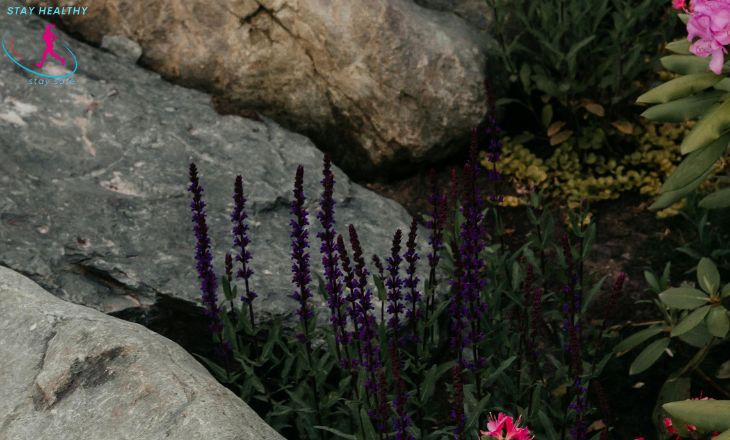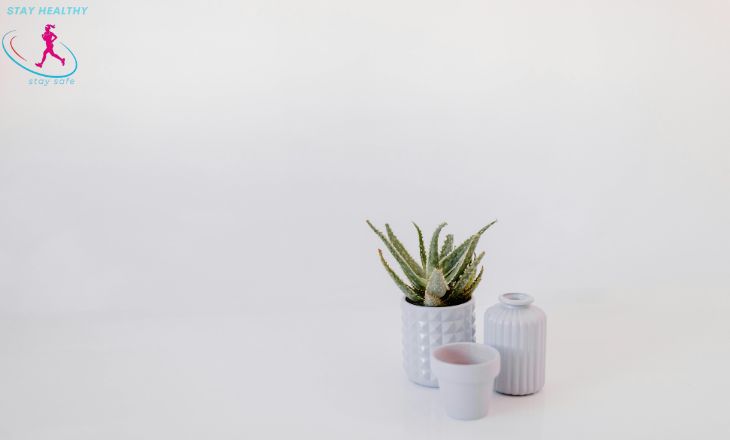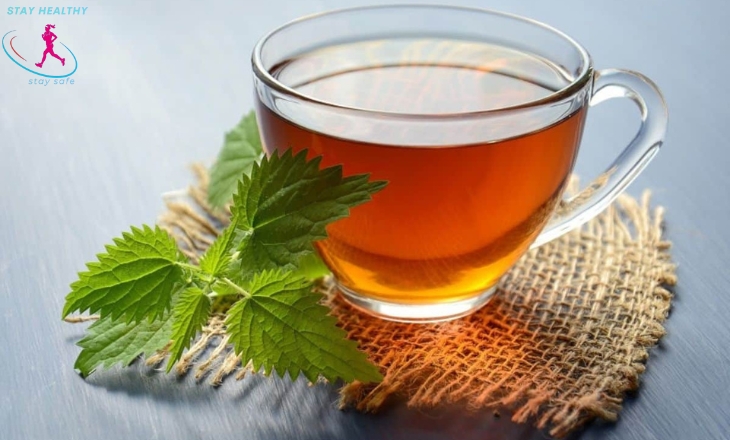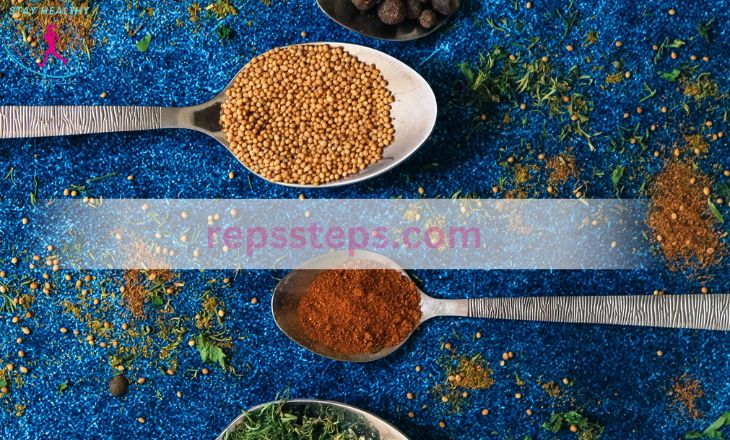Diabetes is a chronic condition affecting millions worldwide. Managing it requires a multifaceted approach, including diet, exercise, medication, and sometimes, the integration of herbs and supplements.
What is Diabetes
Diabetes is a group of diseases that result in too much sugar in the blood (high blood glucose). The most common types are Type 1, Type 2, and gestational diabetes. Effective management is crucial to prevent complications such as heart disease, nerve damage, and kidney failure.

Best Herbs and Supplements for Diabetes
It’s important to note that while these natural remedies can support diabetes management, they should not replace conventional treatments prescribed by healthcare providers. Always consult with a healthcare professional before starting any new supplement regimen to ensure it is safe and appropriate for your specific health needs.
Here are 20 best herbs and supplements for diabetes, backed by research and expert opinions.
Cinnamon
Cinnamon is more than just a spice; it’s a powerful tool in managing blood sugar. According to a study published in the Journal of Medicinal Food, cinnamon can lower fasting blood sugar levels by 10-29%. Dr. Richard Anderson, a lead scientist at the Beltsville Human Nutrition Research Center, states, “Cinnamon makes muscle and liver cells more sensitive to insulin, improving blood sugar control.”
Berberine
Berberine, a compound found in several plants, has been shown to reduce blood sugar levels effectively. A meta-analysis in the Journal of Ethnopharmacology demonstrated that berberine is as effective as the drug metformin, with fewer side effects. Dr. David Kiefer from the University of Wisconsin School of Medicine notes, “Berberine’s ability to improve insulin sensitivity and reduce glucose production makes it a promising supplement for diabetes management.”
Fenugreek
Fenugreek seeds are rich in soluble fiber, which helps control blood sugar levels. A study in the Journal of Diabetes and Metabolic Disorders found that fenugreek can lower blood glucose levels in Type 2 diabetics. Dr. Michael Murray, a leading naturopathic physician, says, “Fenugreek seeds improve insulin function and glucose tolerance.”
Aloe Vera
Aloe vera is well-known for its healing properties but also has anti-diabetic effects. Research published in Phytomedicine revealed that aloe vera can reduce fasting blood glucose and HbA1c levels significantly. Dr. Lawrence Plaskett, a renowned nutritionist, asserts, “Aloe vera’s anti-inflammatory and antioxidant properties contribute to its blood sugar-lowering effects.”

Gymnema Sylvestre
Gymnema Sylvestre is an herb used in traditional Ayurvedic medicine. It has been shown to reduce sugar absorption in the intestines and enhance insulin production. According to a study in the Journal of Clinical Biochemistry and Nutrition, Gymnema Sylvestre can lower blood sugar levels in Type 1 and Type 2 diabetics. Dr. Marc Halpern, President of the California College of Ayurveda, emphasizes, “Gymnema Sylvestre is beneficial in regenerating pancreatic beta cells.”
Bitter Melon
Bitter melon contains compounds that act like insulin, helping to lower blood sugar levels. A study in the Journal of Ethnopharmacology found that bitter melon can reduce fasting blood glucose and HbA1c levels. Dr. Andrew Weil, a pioneer in integrative medicine, states, “Bitter melon is a potent hypoglycemic agent, making it valuable for diabetes management.”
Ginseng
Ginseng, particularly American ginseng, has been shown to improve insulin sensitivity and reduce blood sugar levels. Research published in the Archives of Internal Medicine demonstrated that ginseng can lower blood sugar levels post-meal. Dr. Hyun-Shik Kim from the University of Toronto notes, “Ginseng’s active components, ginsenosides, play a crucial role in regulating glucose metabolism.”
Turmeric
Turmeric contains curcumin, a compound with potent anti-inflammatory and antioxidant properties. Studies, including one in Diabetes Care, have shown that curcumin can improve insulin function and lower blood sugar levels. Dr. Michael Greger, author of “How Not to Die,” highlights, “Curcumin’s ability to reduce inflammation and improve insulin sensitivity makes it a valuable supplement for diabetes.”
Ginger
Ginger has been used for centuries to treat various ailments, including diabetes. A study in the Iranian Journal of Pharmaceutical Research found that ginger can reduce fasting blood sugar and improve insulin sensitivity. Dr. Josh Axe, a clinical nutritionist, asserts, “Ginger’s bioactive compounds, such as gingerols, help regulate blood sugar and enhance insulin sensitivity.”
Garlic
Garlic is known for its cardiovascular benefits, but it also has anti-diabetic properties. Research published in Food and Chemical Toxicology revealed that garlic can reduce blood sugar levels and improve insulin sensitivity. Dr. Joel Fuhrman, a family physician specializing in nutritional medicine, states, “Garlic’s sulfur compounds play a significant role in enhancing insulin function and lowering blood sugar.”
Holy Basil
Holy basil, also known as Tulsi, is revered in Ayurvedic medicine for its health benefits. A study in the Journal of Clinical Pharmacy and Therapeutics found that holy basil can reduce fasting and post-meal blood sugar levels. Dr. Deepak Chopra, a renowned integrative medicine expert, emphasizes, “Holy basil’s adaptogenic properties help in reducing stress-induced blood sugar spikes.”
Milk Thistle
Milk thistle contains silymarin, a compound with antioxidant and anti-inflammatory effects. Research in the Phytotherapy Research journal showed that milk thistle can improve insulin resistance and reduce blood sugar levels. Dr. Tieraona Low Dog, an expert in integrative medicine, notes, “Milk thistle’s liver-protective properties also support overall metabolic health.”
Oregano
Oregano is not just a flavorful herb; it also has anti-diabetic effects. A study in the Journal of Natural Products found that oregano can inhibit enzymes that promote glucose formation. Dr. John Douillard, an Ayurvedic practitioner, asserts, “Oregano’s active compounds, such as carvacrol, help regulate blood sugar levels.”
Sage
Sage has been traditionally used to manage diabetes symptoms. Research published in the The British Journal of Nutrition showed that sage can improve insulin sensitivity and lower blood sugar levels. Dr. Joseph Mercola, an osteopathic physician, states, “Sage’s ability to enhance insulin function makes it a valuable herb for diabetes management.”
Bilberry
Bilberry, a close relative of the blueberry, has been shown to improve glucose metabolism. A study in the Journal of Nutrition found that bilberry can reduce fasting blood sugar and improve insulin sensitivity. Dr. Andrew Weil highlights, “Bilberry’s high antioxidant content supports vascular health and glucose regulation.”
Flaxseed
Flaxseed is rich in fiber and omega-3 fatty acids, which help control blood sugar levels. Research in the Nutrition Journal revealed that flaxseed can improve insulin sensitivity and reduce blood sugar levels. Dr. Michael Greger emphasizes, “The lignans and fiber in flaxseed are beneficial for metabolic health, particularly in managing diabetes.”
Green Tea
Green tea contains polyphenols, particularly catechins, which have anti-diabetic effects. A study in the The American Journal of Clinical Nutrition found that green tea can improve insulin sensitivity and lower blood sugar levels. Dr. Mark Hyman, a functional medicine practitioner, states, “Green tea’s antioxidants help in reducing oxidative stress and improving glucose metabolism.”

Licorice Root
Licorice root has been used in traditional medicine for its anti-inflammatory properties. Research published in the Journal of Ethnopharmacology showed that licorice root can reduce blood sugar levels and improve insulin sensitivity. Dr. Tieraona Low Dog notes, “Licorice root’s active compounds, such as glycyrrhizin, help in regulating blood sugar.”
Rosemary
Rosemary is known for its culinary uses, but it also has anti-diabetic properties. A study in the Journal of Agricultural and Food Chemistry found that rosemary can inhibit enzymes that promote glucose formation. Dr. Josh Axe asserts, “Rosemary’s antioxidants and anti-inflammatory compounds support blood sugar regulation.”
Chromium
Chromium is a trace mineral that plays a role in carbohydrate and lipid metabolism. Research in Diabetes Technology & Therapeutics showed that chromium supplementation can improve insulin sensitivity and reduce blood sugar levels. Dr. Richard Anderson states, “Chromium enhances the action of insulin, making it a valuable supplement for diabetes management.”
Conclusion
Managing diabetes requires a comprehensive approach that includes proper diet, regular exercise, medications, and potentially the integration of herbs and supplements. The 20 herbs and supplements for diabetes highlighted in this article such as cinnamon, berberine, fenugreek, aloe vera, and turmeric have shown promising results in scientific studies for their ability to improve insulin sensitivity, lower blood sugar levels, and provide antioxidant and anti-inflammatory benefits.
By taking a balanced and informed approach, incorporating these herbs and supplements can be a valuable addition to your diabetes management plan, potentially enhancing your overall health and well-being.
FAQs
What are the best herbs and supplements for diabetes?
The best herbs and supplements for diabetes include cinnamon, berberine, fenugreek, aloe vera, Gymnema Sylvestre, bitter melon, ginseng, turmeric, ginger, garlic, holy basil, milk thistle, oregano, sage, bilberry, flaxseed, green tea, licorice root, rosemary, and chromium.
How do herbs and supplements help in managing diabetes?
Herbs and supplements help manage diabetes by improving insulin sensitivity, reducing blood sugar levels, and inhibiting enzymes that promote glucose formation. They also offer antioxidant and anti-inflammatory benefits that support overall metabolic health.
Are there any side effects of using herbs and supplements for diabetes?
While many herbs and supplements are generally safe, they can have side effects or interact with medications. It is essential to consult with a healthcare provider before starting any new supplement regimen.
Can herbs and supplements replace diabetes medication?
Herbs and supplements should not replace prescribed diabetes medication but can be used as an adjunct therapy. Always consult with a healthcare provider for personalized medical advice and treatment plans.
